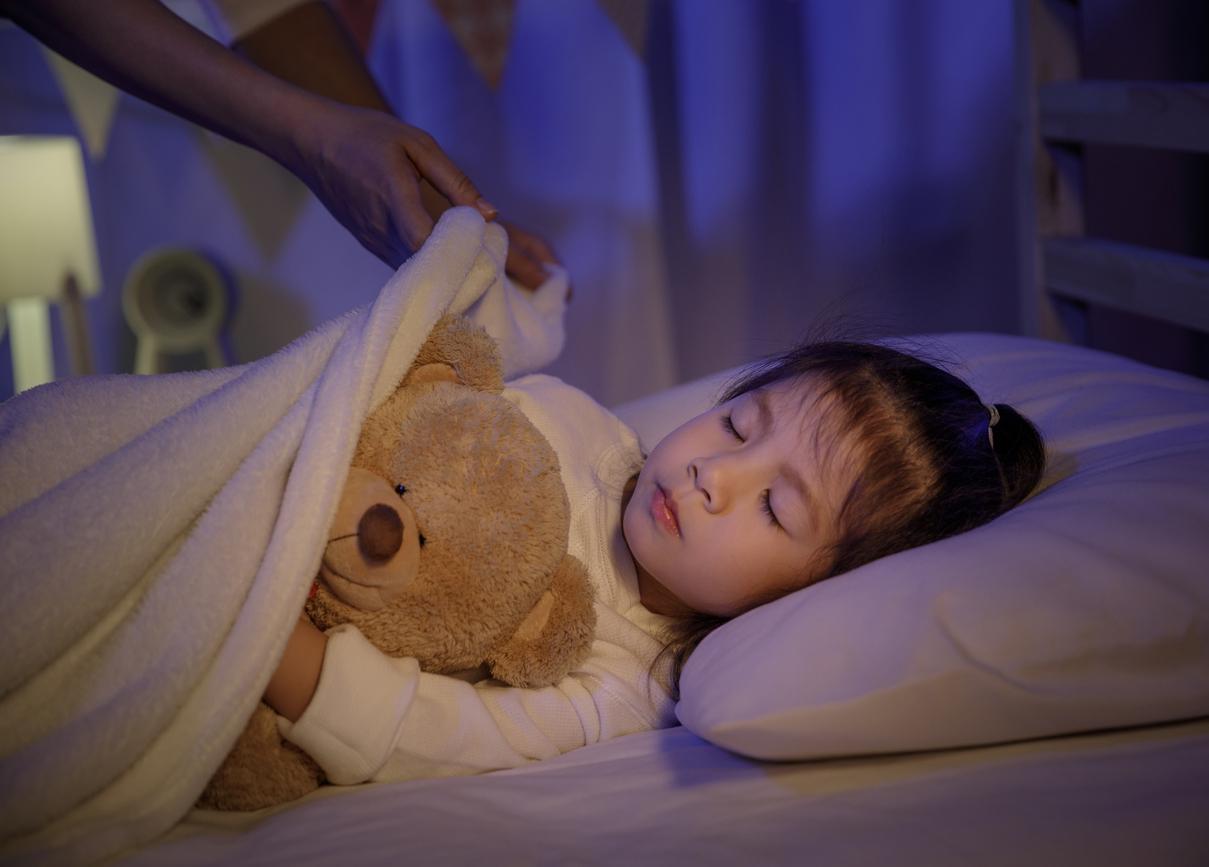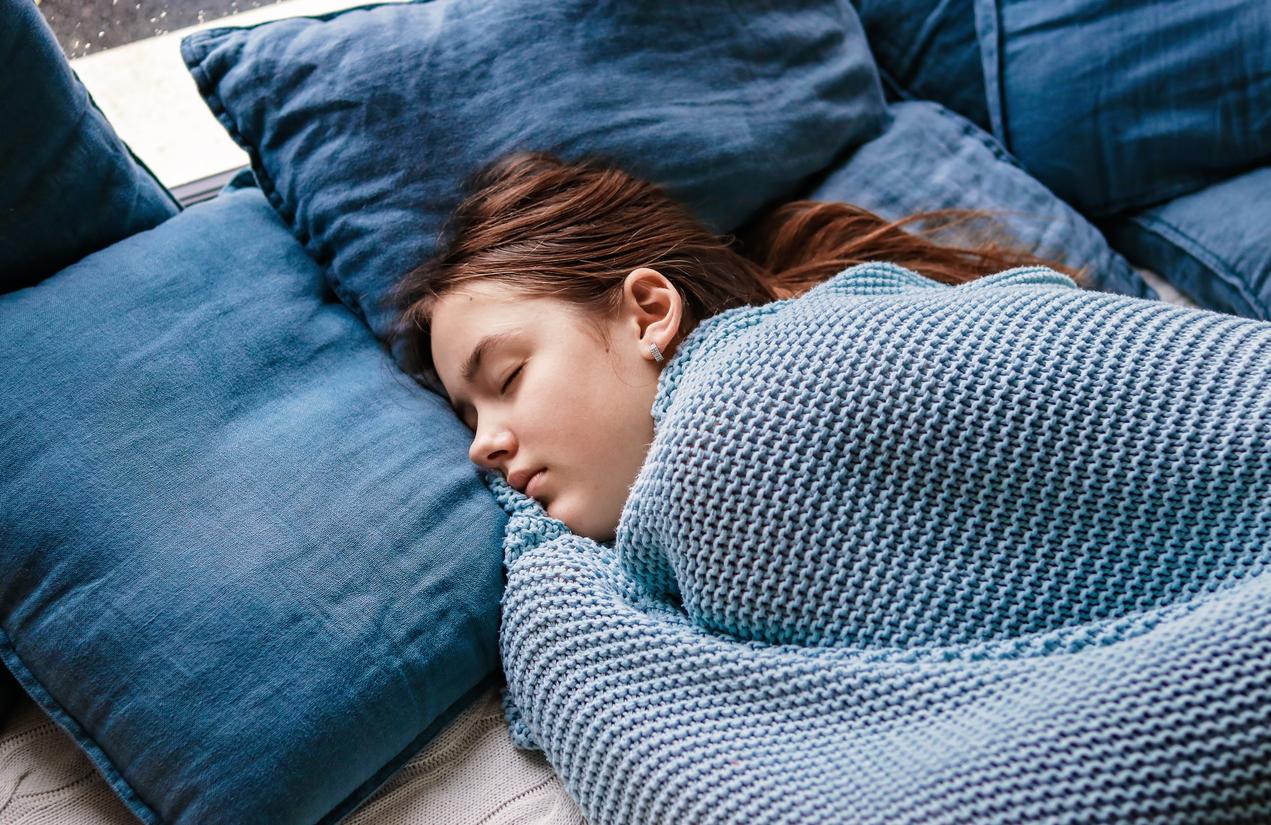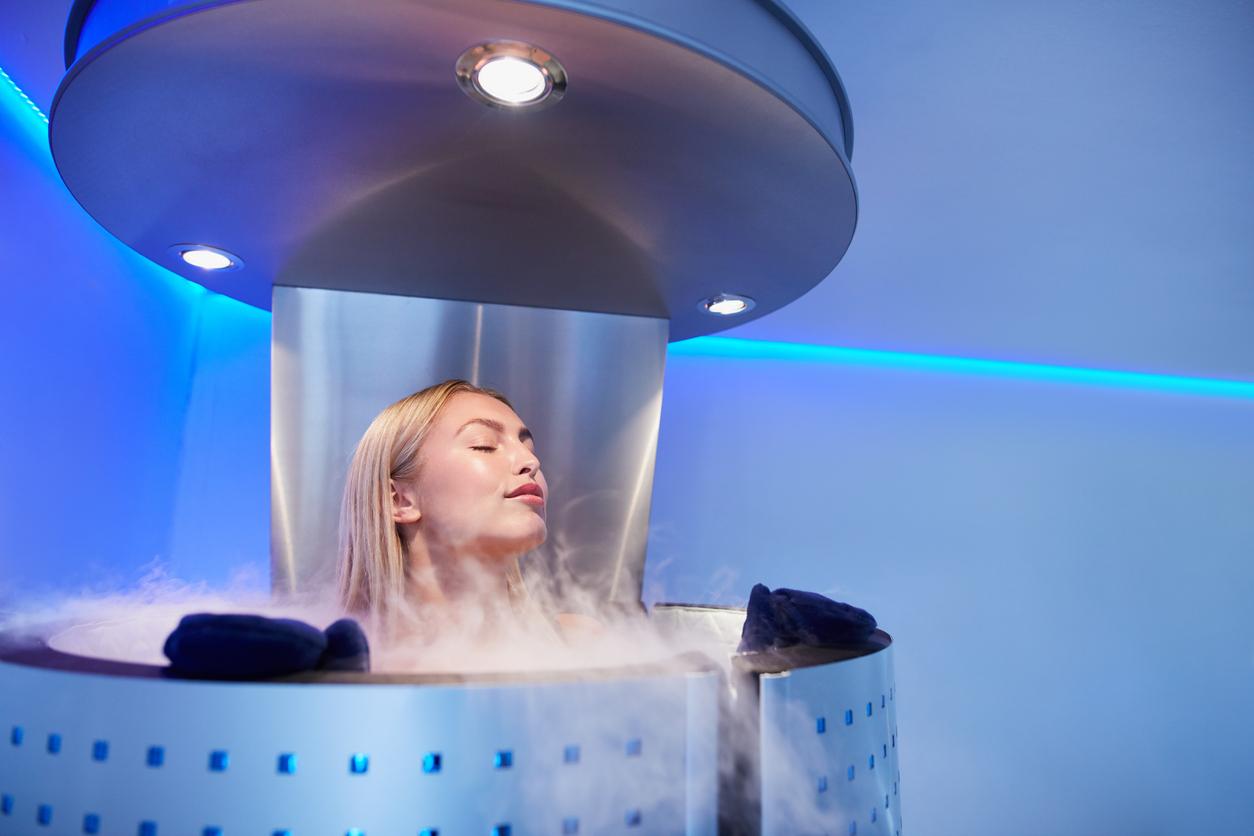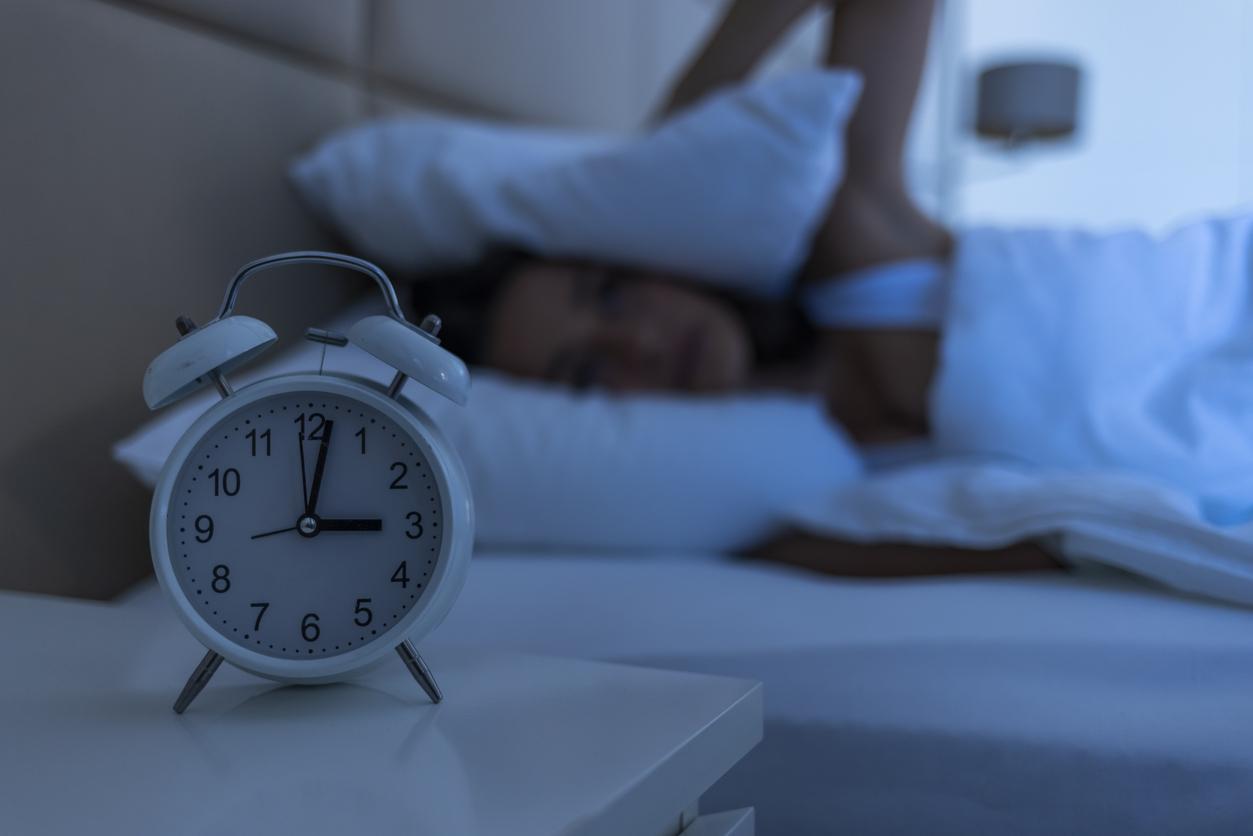A new blood test can tell if a person hasn’t slept well.
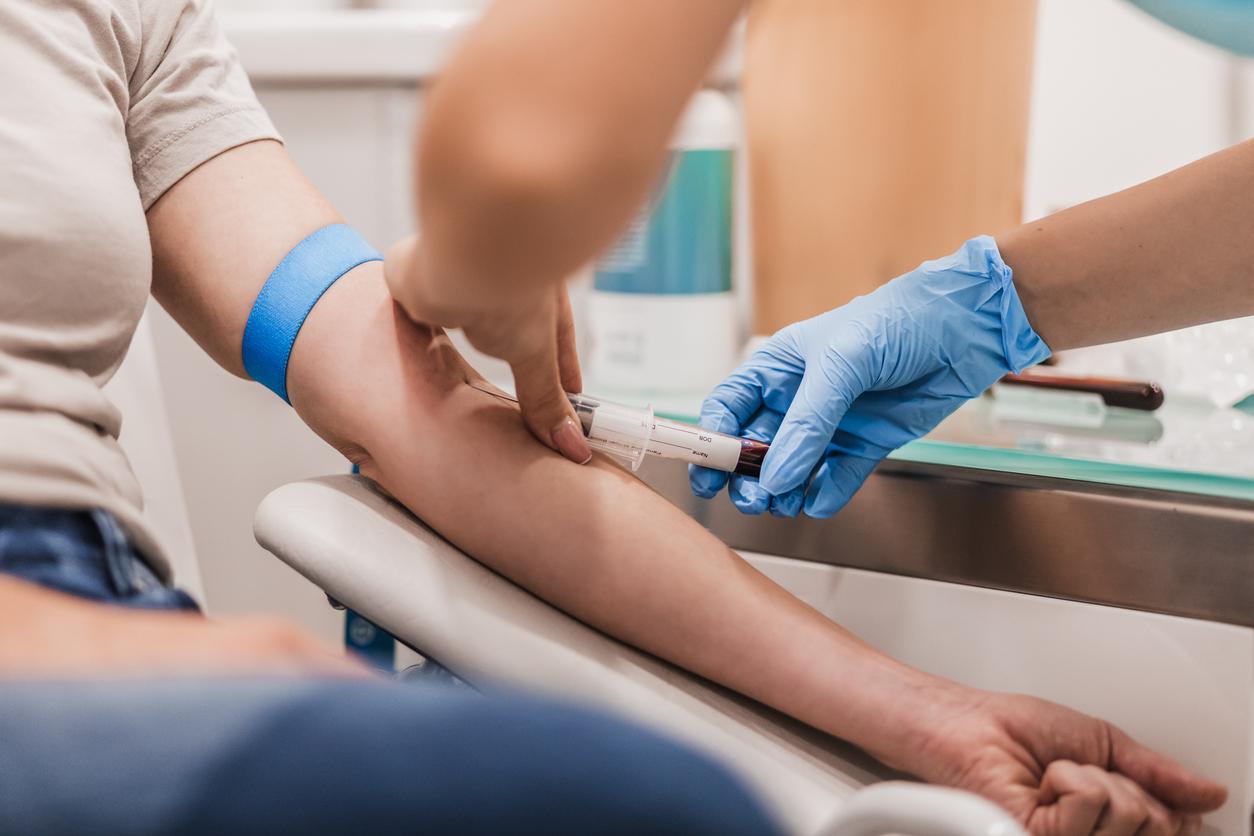
- A new blood test helps identify people who are very sleep deprived.
- This technology is based on the identification of a biomarker composed of five metabolites.
- This discovery could improve safety in situations where lack of sleep significantly increases the risk of accidents and injuries (driving, construction sites, healthcare, etc.).
Innovative technology now succeeds in identifying a person who has been deprived of sleep for 24 hours.
Lack of sleep: a 99% reliable blood test
This blood test, described in a publication of Science Advancesuses a combination of biomarkers present in the blood and can correctly identify, with a probability of 99%, a significant lack of sleep.
The motivation for this research stems from concerns about the consequences of lack of sleep which is increasing in many countries around the world (20% of road accidents are linked to lack of sleep).
“Alcohol testing has been a game-changer in reducing the number of road accidents and the associated serious and fatal injuries… The same can be done with fatigue,” explains study author Clare Anderson, professor at the University of Birmingham.
All of his research participants were healthy young adults, recruited from the general public. Before participating in the experiment, they had to have a regular sleep schedule and not suffer from any medical or psychiatric disorders. During several experiments, some were deprived of sleep for 24 hours, others less and others not at all.
Lack of sleep: what is the new blood test based on?
The sample for the sleep deprivation experiments included 23 participants in total, including 12 participants (mean age 25.6 years, one female) in Experiment 1, and 11 participants (mean age 25.2 years, four women) in Experiment 2. An additional control group consisting of 5 participants (all men, average age 24) was also created to provide a basis for comparison.
Blood samples were collected from all cohort members at regular intervals throughout periods of sleep and wakefulness. These samples were immediately processed to extract plasma. Untargeted liquid chromatography-mass spectrometry (LC-MS) was then used to identify a wide range of metabolites present in the samples.
The researchers were then able to identify a biomarker composed of only five metabolites which made it possible to identify whether an individual had been awake for more than 24 hours or not.
This discovery could improve safety in situations where lack of sleep significantly increases the risk of accidents and injuries (driving, construction sites, healthcare, etc.).














